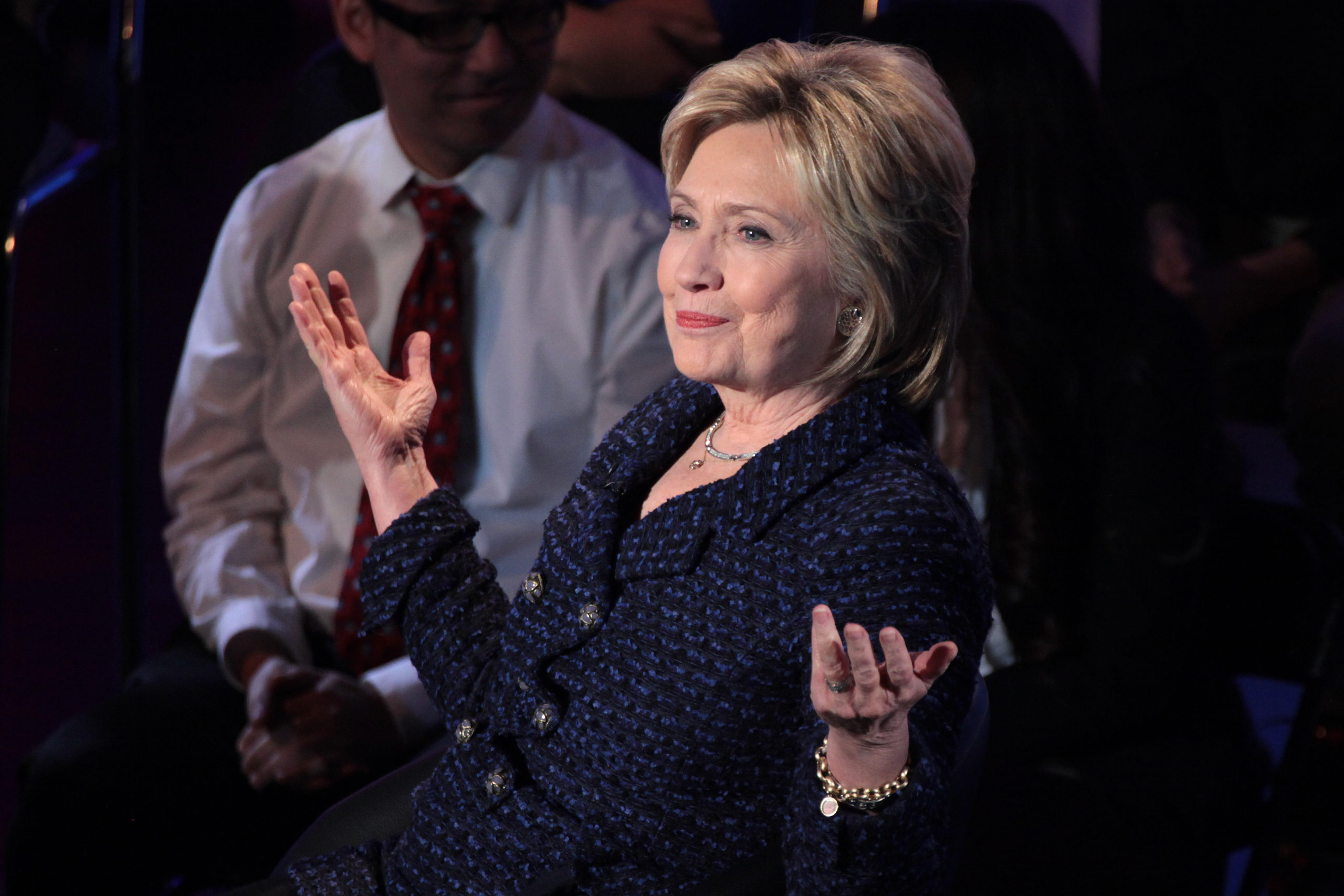There’s still a nail-biting week remaining in the presidential election campaign, so it’s possible the Returns on Investment podcast jumped the gun. Nonetheless, in this week’s episode our regular guests look ahead to the potential for impact investing in a possible Clinton administration.
 “There are going to be huge challenges that she’s going to face around prosperity, job creation, and inclusivity in the economy,” said David Bank, editor of ImpactAlpha, which recently published an open letter to the major party candidates from two impact investing leaders. “The question really is, can the impact economy develop enough to provide some new sets of solutions for those challenges.
“There are going to be huge challenges that she’s going to face around prosperity, job creation, and inclusivity in the economy,” said David Bank, editor of ImpactAlpha, which recently published an open letter to the major party candidates from two impact investing leaders. “The question really is, can the impact economy develop enough to provide some new sets of solutions for those challenges.
“It’s not ‘What can Hillary Clinton do for the impact economy?’ It’s ‘What can the impact economy do for America – and the world?’ “
Listen to the latest Returns on Investment podcasts
The Obama administration helped put social entrepreneurship and impact investing on the policy agenda, with the creation of the White House Office of Social Innovation and Civic Participation, support for “social impact bonds,” revision of pension fund rules to allow for consideration of environmental and social impacts and support for the the G7 Impact Investing Task Force. What can impact investors expect from a Clinton administration?
“There is this strain in the impact dialogue – and it’s an important strain – that asks ‘How can we use government to put in place what we need to make ‘impact’ work,” said Imogen Rose-Smith, senior writer for Institutional Investor magazine and a regular panelist on the podcast. “It should almost be the other way around. It should be: ‘Hi, we’re the impact investing community, and we’re here to help.”
That said, “The Obama administration did a lot to forward the impact agenda. And there’s a lot of evidence that a Clinton administration would follow along the same line,” Rose-Smith added.
Listen to the latest Returns on Investment podcasts
Clinton could well be remembered as the first Impact President. As secretary of state, she convened an Impact Economy Forum in Washington in 2012 (see “Debating the Impact Economy: What Did the Presidential Candidates Say?”). As George Packer recounts in a recent New Yorker article, Clinton has given a lot of thought about how to leverage private capital for public good. He writes:
She wants to use tax incentives and other enticements to nudge corporations into focussing less on share price and more on “long-term investments,” in research, equipment, and workers. She said, “We have come to heavily favor the financial markets over the otherwise productive markets,” including manufacturing, “which have been pushed to a narrower place within the over-all economy while an enormous amount of intelligence, effort, and dollars went into spinning transactions.”
As she plunged into the details, her eyes widened, her color rose, and her finger occasionally gave the table a thump for emphasis. “I want to really marry the public and the private sector,” she said. Her ideas are progressive but incrementalist: raise the federal minimum wage to twelve dollars an hour, but not fifteen; support free trade, as long as workers’ rights are protected and corporations aren’t allowed to evade regulations.
Listen to the latest Returns on Investment podcasts
Will Clinton’s ties to Wall Street help or hurt her impact agenda? Will President Obama become a champion for impact investing after leaving office? Listen to this week’s Returns on Investment for the full take.
[seperator style=”style1″]Disclosure[/seperator]
Subscribe to Returns on Investment on iTunes, Stitcher, or SoundCloud.











